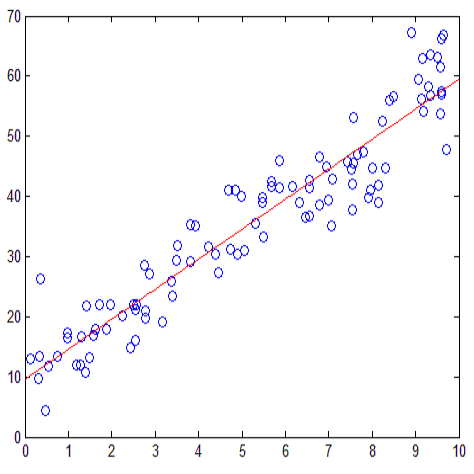The importance of research teams' diversity for the progress of science is highlighted extensively. Despite the seemingly hegemonic role of hypothesis testing in modern quantitative research, little attention has been devoted to the diversity of quantitative methods, epitomized by the linear model framework of analysis. Using bibliometric data from the Web of Science, we conduct a large-scale and cross-disciplinary assessment of the prevalence of linear-model-based research from 1990 to 2022. In absolute terms, linear models are widely used across all fields of science. In relative terms, three patterns suggest linear models are hegemonic among Social Sciences. First, there is a high and growing prevalence of linear-model-based research. Second, global patterns of linear-model-based research prevalence align with global inequalities in knowledge production. Third, there was a citation premium to linear-model-based research until 2012 for articles' number of citations and for the entire period in terms of having at least one citation. Previous research suggests that the confluence of these patterns may be detrimental to the Social Sciences as it potentially marginalizes theories incompatible with the linear models' framework, lowers the diversity of narratives about social phenomena, and prevents innovative and path-breaking research, limiting the breadth of research.
翻译:尽管在现代定量研究中,假设测试似乎具有霸权作用,但很少注意定量方法的多样性,这体现在线性模型分析框架。我们利用科学网的数学计量数据,对1990年至2022年线性模型研究的普及程度进行大规模和跨学科的评估。从绝对的角度来看,线性模型在所有科学领域广泛使用。相对而言,三种模式表明线性模型是社会科学的霸权。首先,线性模型研究的发生率很高而且越来越普遍。第二,以线性模型为基础的研究普遍性全球模式与知识生产方面的全球不平等相一致。第三,在2012年之前,对线性模型研究的引用数量和至少只引用一个术语的整个期间,都给予了引证。以前的研究表明,这些模式的影响可能有害于社会科学,因为它有可能使与线性模型框架不相容的理论边缘化,降低了关于社会现象的理论的多样性,并阻止了创新研究的广度和突破性。




